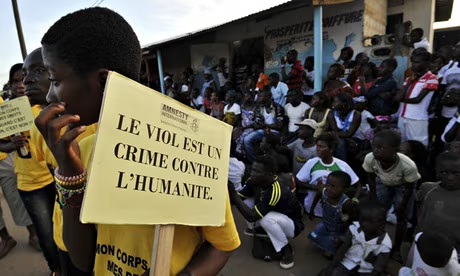29th to 30th June 2000. The Gambia, Banjul
The seminar on the application of international human rights law in The Gambia primarily targeted members of the Gambian Judiciary and the Gambia Bar Association (GBA). The seminar attracted a total of about sixty participants.
The theme of the seminar was the domestic application of international human rights law for the protection of fundamental human rights, relying on international and regional human rights instruments already ratified by The Gambia.
The seminar aimed at enhancing knowledge of international and regional human rights treaties for judges and lawyers with a view to promoting the application of international human rights law in The Gambia. The event also envisaged institutional strengthening of the Judiciary, GBA and the Department of State for Justice through continuing legal education for its members in order to keep abreast with current developments in the international human rights law field, among other related activities.
Topics covered:
- The Dualist Doctrine in International Law and its Application;
- Obligations of the Judiciary in Applying International Human Rights Law;
- Recent Practice from around the Commonwealth in the Application of International Human Rights Law;
- Appraisal of Judicial Practice in The Gambia relative to Commonwealth Precedents and Prospects for the Application of International Human Rights Law in The Gambia.
Some of the salient points raised by resource persons
“A theory that is not extracted from practice is invalid. […] We see the (African) Commission regulating the conduct of both individuals and states thereby diminishing the distinction between monist and dualist theories. … the monist-dualist controversy has become inconsequential to international law practice today.” Professor Osita Eze, Director, Democracy and Development Studies at the Institute for Peace and Conflict Resolution, Nigeria
“It is important that the gap between domestic law and international law is bridged through judicial application of international human rights rules within the domestic sphere. […] It can be argued that the Universal Declaration of Human Rights which has earned the status of customary international law and considered part of common law would be applicable in The Gambia. […] International human rights law is richer in protecting human rights, and there is no risk of it derogating from locally enshrined liberties.” Justice Hassan B. Jallow, Supreme Court of The Gambia
“It is worth noting that courts in Canada, Zimbabwe and Namibia where the Bill of Rights contains no express injunction to consider international law, have not hesitated to seek guidance from international human rights conventions and decisions of international and regional tribunals.” Justice Sandile Ngcobo, Constitutional Court of South Africa





